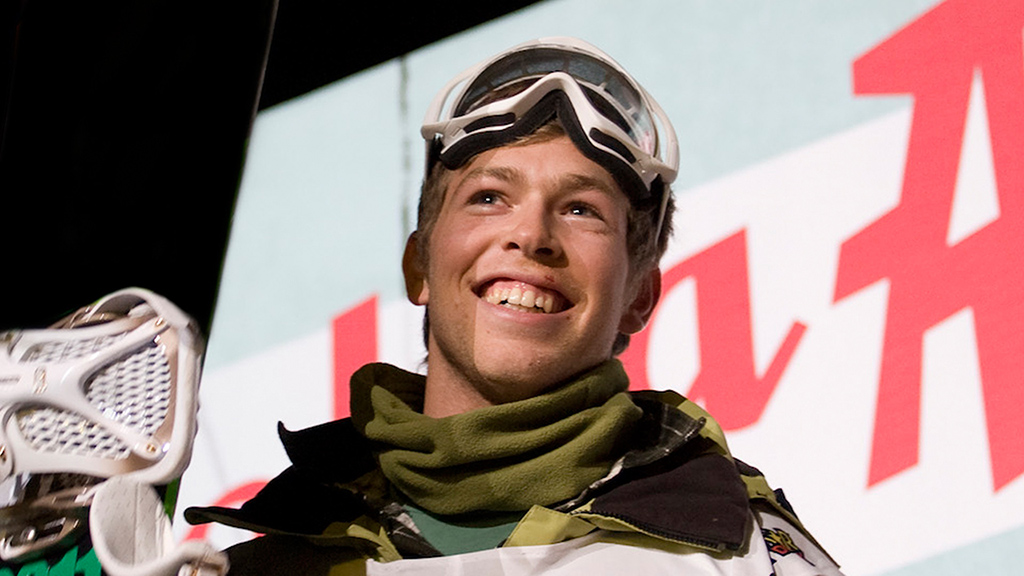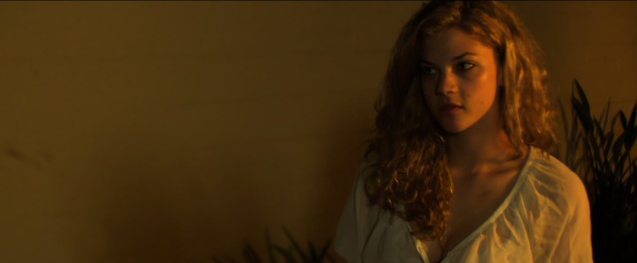US | 2013 | Directed by Lucy Walker
Logline: A documentary about the rise, crash, and rehabilitation of Kevin Pearce, a furiously talented young snowboarder, and of those around him who were affected.
Kevin Pearce, or KP as he was nicknamed by his loyal followers, was a gifted athlete; an adventurous child who tackled and mastered skateboarding and surfing before moving on and conquering the highly competitive extreme sport of professional snowboarding. When I say, “conquering” he didn’t actually reach the heights he was aiming for, but he had the aptitude, and he had the momentum.
Then, one bright clear New Year’s Eve morning on the slopes of Park City, Utah, KP launched himself down into the half-pipe for a day’s training leading up to the 2010 Winter Olympics, three months away. He caught a toe edge and slammed into the icy packed snow, a full face-plant from a drop of about three metres. He was knocked unconscious, bleeding from his mouth, nose, and his left eye bloodshot - all of it being videoed by his mate.
Pearce underwent surgery, was in a coma for two weeks, and endured a two-year rehabilitation program. He was very lucky to survive, and was left with TBI (Traumatic Brain Injury), resulting in memory loss, tremors, mood swings, and a very fragile head. But Pearce wanted to return to snowboarding; firmly believing he had what it took to be a champion again.
Director Lucy Walker’s compelling and heartbreaking documentary is helped tremendously by Kevin’s innate charisma and endearing personality. But also of great exception is the fifteen years of video footage taken by various family and friends that tracks his obsession with snowboarding. It’s as if the film has been created, rather than molded.
The Crash Reel is awesome documentary filmmaking, challenging the viewer’s opinions, revealing very raw human emotions, the vulnerability of the human psyche, but even more importantly, the fragility of the human body. A friend of mine once said, “Nothing good ever comes from sport.” Of course this is a massive generalisation, but the kernel of truth points to the extreme sports, those that continue to push the human body into doing things they were never, ever, meant to do. When Kevin Pearce first started snowboarding the half-pipes were 8 or 9 feet high, but by the time of his accident they had reached the 22 foot-high mark giving snowboards serious air at serious speed.
Kevin Pearce’s family and his close-knit friends feature prominently, his mother terrified of his desire to return to the sport that almost claimed his life and has left him with permanent scars on his brain and the psychological handicaps that come with that. His Down Syndrome brother constantly cries over KP’s decision. His older brothers and father try to reason with him. His mother takes him to visit another snowboarder who has suffered two TBI’s. It’s a sobering experience.
The Crash Reel screens as part of the 60th Sydney Film Festival; Monday 10 June, 2pm, at Event Cinema 9, and Sunday 16 June, 5:05pm, at Event Cinema 4, George Street.











